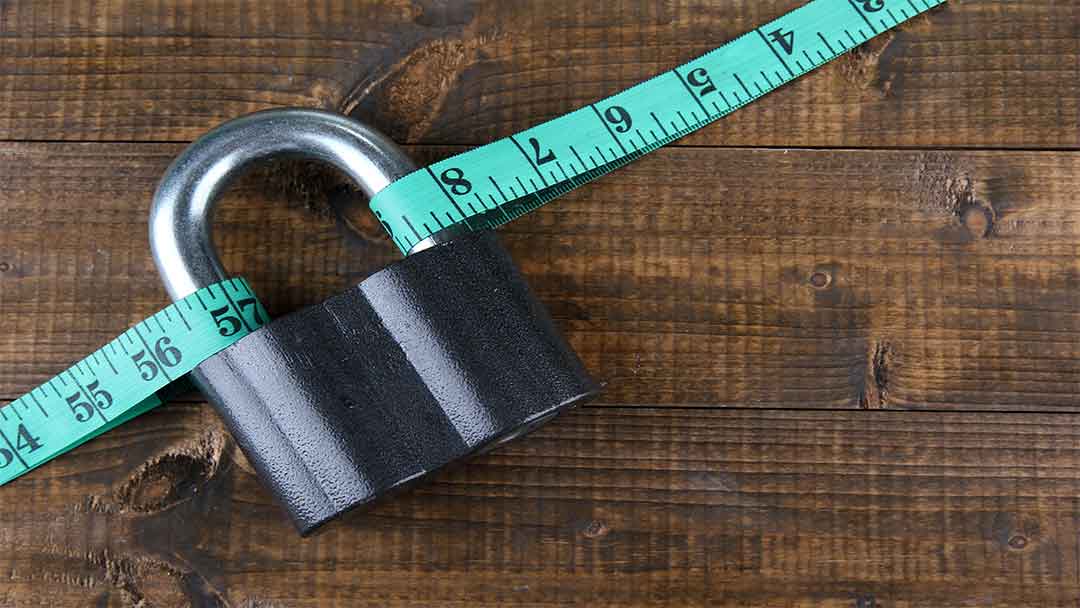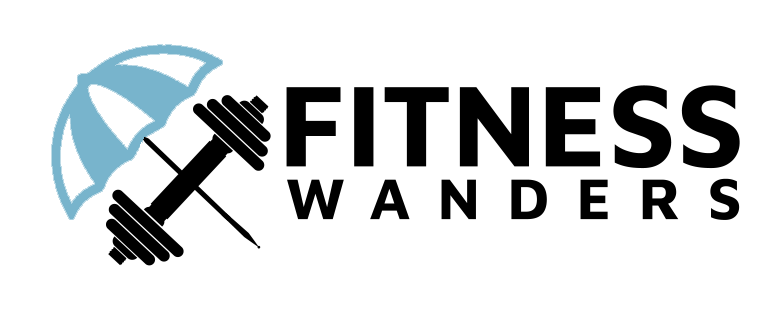
You can avoid a weight-loss plateau with one or two changes in your nutrition, fitness, or wellness routine.
Everything has been going great. You’ve stuck to your diet and exercise routine, and you’ve lost weight every week for the last two months. Your clothes are fitting better, your confidence is up, and people are noticing your progress. Then one morning, you step on the scale. You tally the average of your recorded weight from the week and notice something that can’t be right: you haven’t lost weight.
You panic and start to think that you need to cut more calories or start exercising twice per day. But before you make any drastic changes to your routine, let me remind you that a weight-loss plateau is normal albeit understandably frustrating.
If you’ve recently stopped seeing fat-burning progress or if you want to make sure that day never comes, here’s how to conquer and avoid a weight-loss plateau:
Nutrition
Use a Diet Tracker: You bought a green superfood smoothie with the best of intentions, not realizing that it contains as much sugar as a soda. It might be a supposed health food or the portion size that you eat, but most diets have a hidden surprise that contributes to a weight-loss plateau. I recommend calculating your daily calories, and using a meal tracker such as MyFitnessPal. This is the best way to find foods or habits that cause a weight-loss plateau.
Increase Protein: By increasing the amount of protein you eat with every meal, you’ll feel fuller longer, support lean muscle growth, and burn more fat. Great examples of whole-food protein sources are chicken breasts, salmon, tuna, Greek yogurt, pumpkin seeds, and lentils.
Start Your Day with Fat: Fat is also satiating, but the trick is to eat the right type. Choose monounsaturated fats such as avocados, almonds, and sunflower seeds as well as a moderate amount of saturated fats such as whole eggs and coconut oil. Studies show that eating healthy fats on an empty stomach in the morning helps you feel full and supports fat burning.
Eat Raw Once Per Week: One day per week, eat only raw vegetables, fruits, nuts, seeds, and superfoods. Drink water or tea without sweeteners — no coffee, alcohol, or anything artificial. This will improve digestion, boost your supply of vitamins and minerals, and burn more fat. You’ll also feel full despite eating fewer calories.
Avoid Liquid Calories: Liquid calories are the sneakiest contributor to a weight-loss plateau and weight gain. It’s easy to enjoy your favorite coffee or beer without realizing that you’re consuming 250 to 500 calories. Limit your intake of alcohol, sugar-based drinks, and high-calorie additives such as creamer. Choose water, tea, and black coffee without sugar.
Fitness
Be More Active Overall: How much you move throughout the day – not just in the gym – is the most important factor for weight loss. Making an effort to be more physically active can help to skyrocket calorie burning: park farther from your destination, take the steps instead of the elevator, and walk or bicycle as much as you can.
Increase Intensity: Make a simple change to your workout to increase intensity and burn more calories: take shorter breaks between exercises, perform more repetitions, use more weight (but decrease repetitions), or try a high-intensity interval workout such as a spinning class.
Change Your Workout: Experiment by combining different fitness classes, lifting styles, and body splits. Variety fights boredom and targets a new fitness goal each day. For example:
- Monday: Spinning (endurance)
- Tuesday: Yoga (flexibility and mobility)
- Wednesday: Rest
- Thursday: Full-body weightlifting (lean muscle development)
- Friday: 15-mile bike ride (cardiovascular health)
For those who primarily lift weights: you can change acute variables or the sets, repetitions, and weight that you use. If you’re currently lifting light weights with more repetitions, try increasing the weight and decreasing the repetitions.
Get a Workout Buddy: Studies show that consistently exercising with someone who has similar fitness goals provides motivation and accountability. It’s also a key predictor for fitness success. Whether you enjoy weightlifting, walking, fitness classes, or health retreats, you’re more likely to reach your goal if you’re exercising with someone who is taking it as seriously as you.
Take a Break: Look at your training schedule; if you’ve been at it nonstop, your weight-loss plateau might be the result of over-training. Symptoms of over-training include weight gain, muscle loss, fatigue, and mood swings. If you haven’t given yourself a rest day in a while, consider taking off a week.
Wellness
Try Intermittent Fasting: It’s easy to forget that humans are built to go through periods of feast and fasting. Studies show that intermittent fasting can lower cholesterol and blood pressure while improving weight management. The easiest form of intermittent fasting to follow is the 16 / 8 system. Don’t eat food for 16 hours; water and calorie-free beverages are okay. Follow this with an eight-hour feeding window. Most people start their fast at 8 p.m. and begin their feeding window at 12 p.m. the following day.
Get More Sleep: Skimping on sleep has been shown to increase the hunger hormone called ghrelin. This leads to increased eating and weight gain. Scientists recommend sleeping for no less than seven hours each night to keep your hunger in check.
Go to the Sauna: Taking a trip to your local sauna increases short-term water weight loss, promotes long-term fat loss, and lowers cardiometabolic risk factors such as cholesterol and blood pressure.
Don’t Stress: A high-stress lifestyle elevates levels of a hormone called cortisol, which likes to break things down. Studies confirm that high stress levels contribute to muscle loss, weight gain, and a higher risk for cardiovascular disease. Given the benefits of meditation, I recommend deep-breathing exercises to alleviate stress.
Measure Success by More Than Numbers: There are more ways to track progress than numbers on a scale. Weight loss can be measured by the number of inches lost, how your clothes fit, your quality of health, and how you feel. If the scale hasn’t budged, take a look at these other factors.
Are You Experiencing a Weight-Loss Plateau?
What questions do you have about avoiding a weight-loss plateau? Have your own trick for getting over a plateau? Let me know in the comments below.
